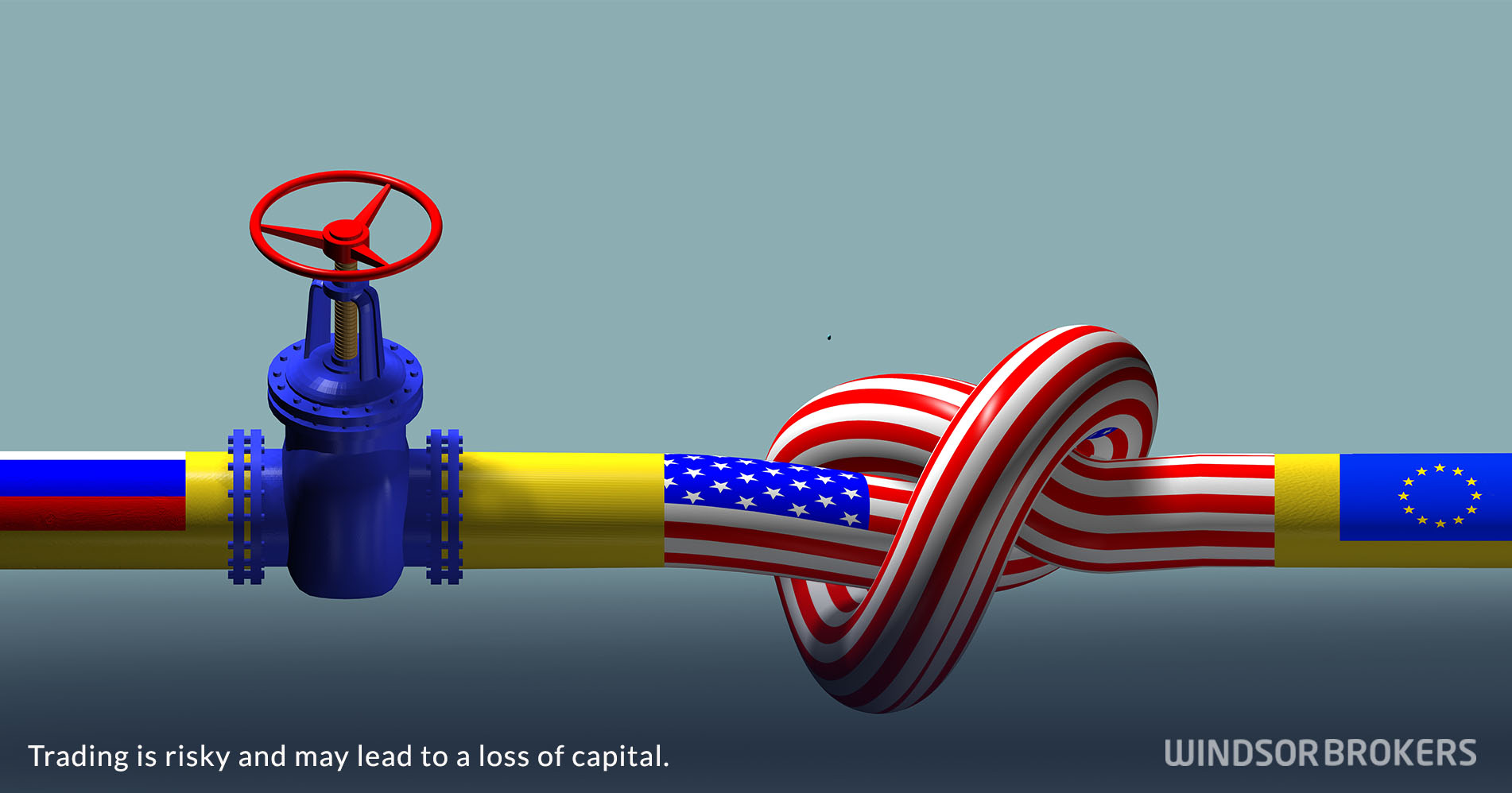European Union and US reached LNG deal as Europe looks to cut imports of Russian gas
The European Union and United States reached a deal to supply Europe with more liquefied natural gas (LNG) as the European Union wants to curb their dependence on Russian gas at a first stage and to gradually cut supplies from Russia.
The EU plans to reduce its dependency on Russian gas by two thirds this year and to end fossil fuel imports from Russia, which covers around 40% of Europe’s gas needs, by 2027.
Russian invasion of Ukraine was the main excuse for this decision, along with Russia’s latest request to switch gas contract payments to roubles that raises risk of a supply squeeze and even higher prices.
According to the deal, the US will work to supply 15 billion cubic meters of liquefied natural gas to the European Union this year, with US LNG plants producing at full capacity, although analysts say that 15 billion cubic meters still falls well short of replacing Russian gas imports, which amounted to around 155 billion cubic meters in 2021.
The US President Joe Biden and European Commission President Ursula von der Leyen made the deal and added that they will form the commission to work on cutting European Union’s reliance on Russian gas and ensuring that EU countries will be able to receive about 50 billion cubic meters of additional US LNG until at least 2030, compared the US LNG exports which were around 22 billion cubic meters last year.
Germany, which is the biggest importer of Russian gas in the EU, said it has made significant progress towards reducing country’s exposure to imports of Russian gas, oil and coal, but added that it could take until the mid-2024 for Europe’s largest economy to completely cut imports of fossil fuels from Russia.


